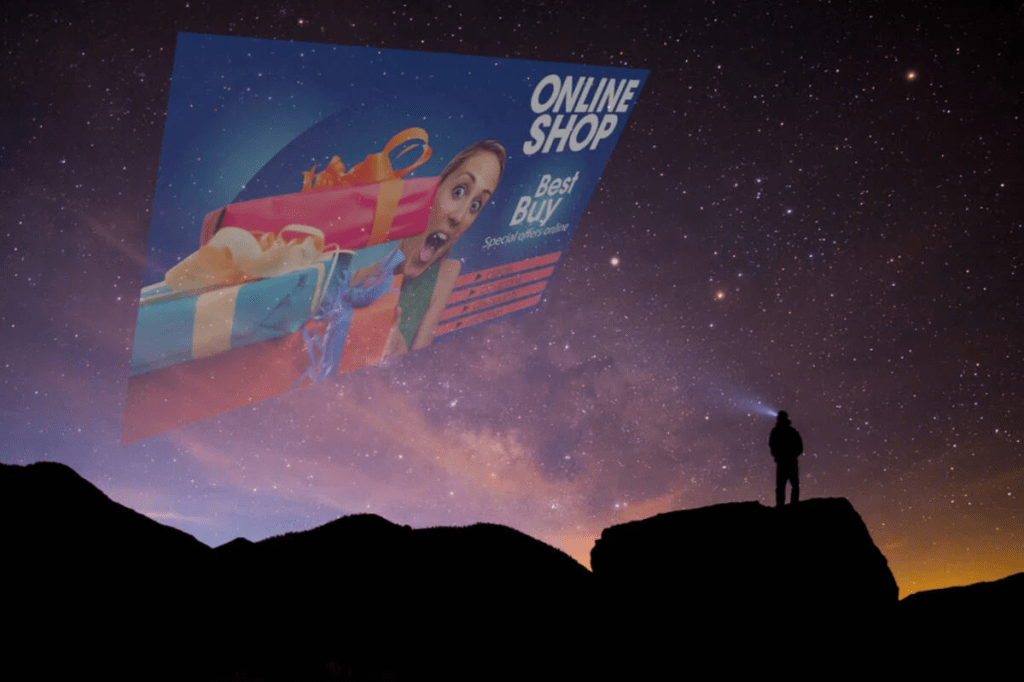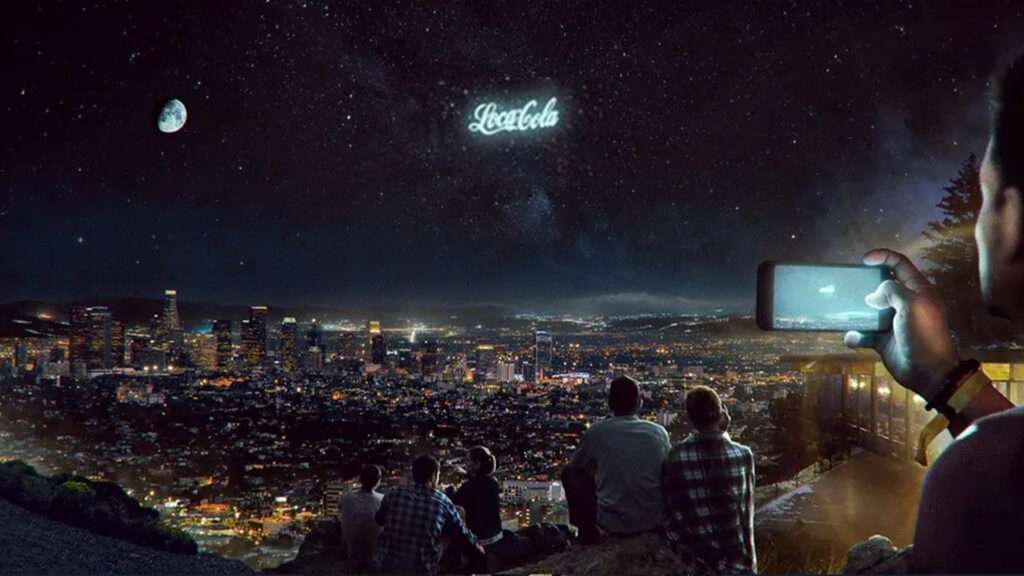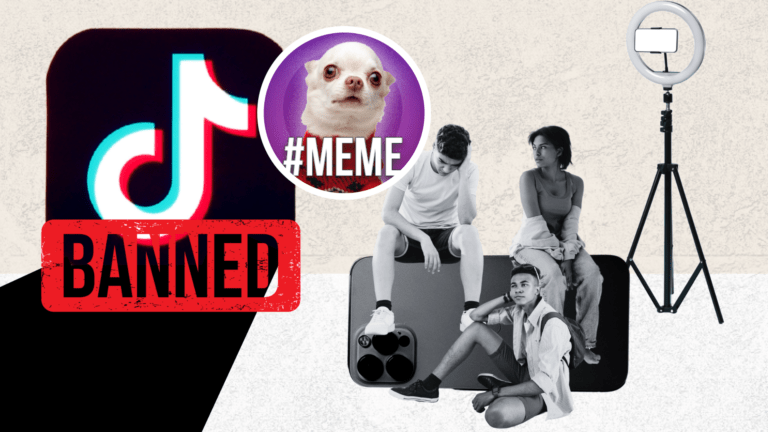Are Space Ads the Future of Advertising or a Big Mistake?

Imagine looking up at the night sky and seeing an advertisement shining down at you from space. Sounds like a sci-fi fantasy, right? Well, it might not be as far off as you think. A Russian startup called StartRocket has revealed plans to create space-based billboards using swarms of tiny satellites. If their ambitious plan succeeds, you could be seeing ads in the night sky by 2021. But are we ready for ads in space? Let’s take a closer look at this futuristic idea and the concerns it raises.

What Is StartRocket’s Space Ad Concept?
StartRocket’s plan is to use small satellites, also known as “cubesats,” to create bright, reflective billboards in low-Earth orbit. These satellites will be equipped with 30-foot-wide reflective sails that bounce sunlight off them, forming illuminated ads that can be seen from Earth—only at night. Think of it as skywriting, but instead of using planes, they’d use satellites.

The idea is that these ads could be visible from virtually anywhere on the planet, making it a truly global advertising platform. While it sounds out of this world (literally), the startup plans to begin testing in the next year, with the first ads potentially going live as soon as 2021. This idea is inspired by a 2018 project called “Humanity Star,” which launched a disco-ball-like satellite into orbit as an art project. It sparked the question: Why not create a new type of media in space?

What Are the Concerns?
While the concept of space ads may sound cool to some, it raises significant concerns. Space is already becoming crowded with over 1,400 functioning satellites, and adding even more could increase the risk of collisions. Professor John Crassidis from the University at Buffalo worries that adding more satellites could make space more dangerous and contribute to “space junk”—defunct satellites, spent rocket parts, and other debris that could threaten functioning space missions.

In fact, the U.S. Department of Defense tracks over 500,000 pieces of space debris, and scientists are worried that the introduction of reflective satellites could interfere with astronomical observations. When satellites reflect light, they could disrupt the study of the stars and the sky, which is crucial for both scientific research and our understanding of the universe.
What Does StartRocket Have to Say?
Despite the criticism, StartRocket’s CEO Vlad Sitnikov remains confident about the future of space advertising. He points out that the cubesats would only stay in orbit for up to a year before being “deorbited” to burn up in Earth’s atmosphere, minimizing the risk of permanent space debris.

Sitnikov also argues that space advertising could be a game-changer, much like television ads were when they first started. He likens it to the early days of TV when many were skeptical about the potential of ads on the new medium. “Haters gonna hate,” he said, brushing off critics. According to him, this is just the beginning of a new form of advertising and entertainment in space.
The Legal and Ethical Landscape
While space-based advertising is currently banned in the U.S. (since 1993), there is no such restriction in Russia, where StartRocket is based. This opens the door for companies in countries with fewer regulations to experiment with space advertising. However, experts like space law professor Joanne Gabrynowicz warn that such advertisements could face backlash from the global scientific community, especially if they interfere with crucial space research.
So, Should We Be Worried?
As cool as it might sound to see ads floating across the sky, the question remains: Is space really the place for them? While some people might be excited about a whole new form of advertising, others see it as an unnecessary addition to the already-crowded space environment. It’s clear that the debate over space ads will continue, but one thing’s for sure—if this idea takes off, our views of the night sky may never be the same again.
Will you be excited to see these ads, or do you think space should be off-limits for advertisers? Let us know what you think!






